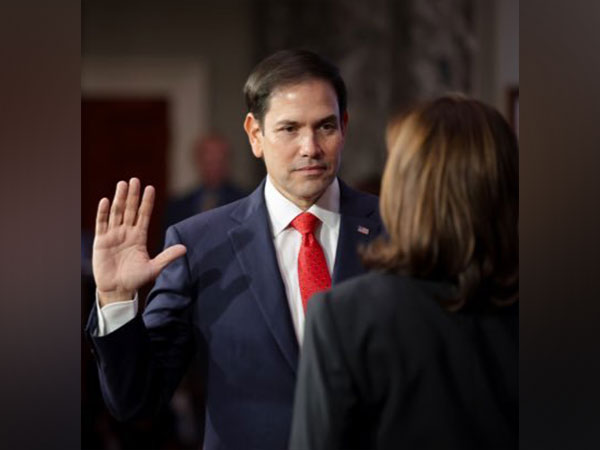Rubio's Revolution: A New Chapter for US Latin America Diplomacy
Senator Marco Rubio, chosen by President-elect Donald Trump as America's top diplomat, aims to reshape US policy in Latin America, leveraging his personal relationships and deep knowledge of the region. A staunch critic of communism, Rubio's approach contrasts sharply with the Biden administration and targets countries cozying up to US rivals.

- Country:
- United States
Senator Marco Rubio, a prominent figure in US politics, has been appointed by President-elect Donald Trump to serve as America's chief diplomat. Born in Miami among Cuban exiles, Rubio has been a vocal adversary of communism, a stance that deeply informs his foreign policy perspectives, particularly towards Latin America.
Rubio is poised to bring his ideological rigor to the State Department, focusing considerable attention on a region often viewed as Washington's backyard. As a seasoned member of critical Senate committees, Rubio has intricately influenced US policy in Latin America, which has witnessed a strategic retreat since the Cold War, allowing adversaries such as China and Russia to make significant inroads.
However, Rubio's hardline views, including support for Trump's mass deportation policies, may alienate some allies in a region increasingly critical of America's stance. His contentious approach, combined with a keen interest in Mexico, drug trafficking, and migration reform, sets the stage for potentially transformative, albeit polarizing, diplomatic engagements.
(With inputs from agencies.)










